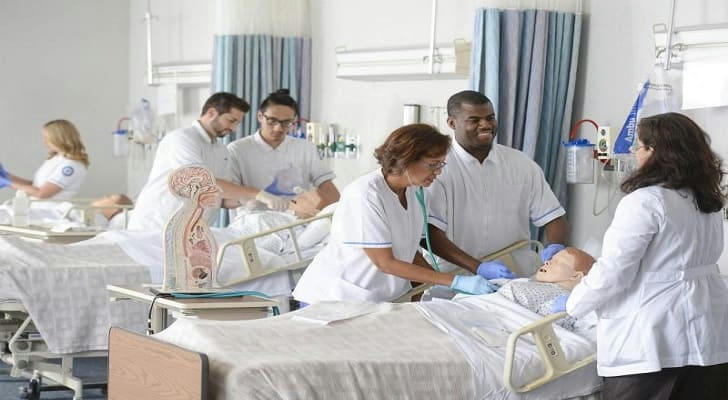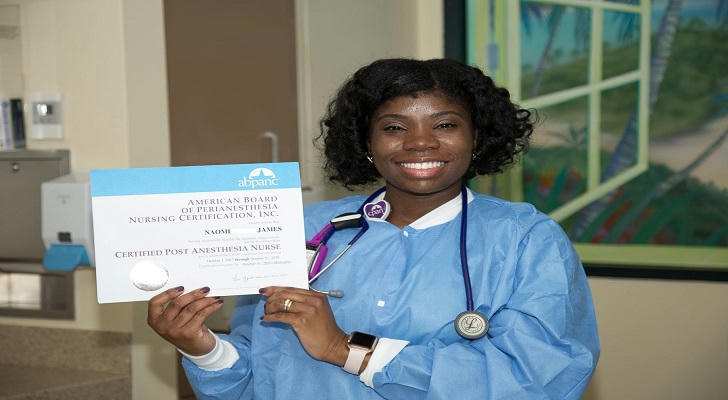Becoming a Licensed Practical Nurse in the USA

The nursing profession is a cornerstone of healthcare, offering rewarding career opportunities. As a Licensed Practical Nurse (LPN), you play a vital role in patient care, from administering medication to providing bedside support. This article outlines the essential knowledge and certifications required to become an LPN and offers practical advice on securing a job in this field.
Essential Knowledge for LPNs
Core Curriculum
LPNs must have a solid grasp of the following areas:
- Anatomy and Physiology: Understanding the body's systems is fundamental to assessing patient needs.
- Medical Terminology: Knowledge of medical language is essential for effective communication.
- Pharmacology: Familiarity with drugs, their actions, and interactions is crucial for safe medication administration.
- Infection Control: LPNs must prevent and control infections in healthcare settings.
- Nursing Skills: Proficiency in basic nursing skills, such as wound care, vital sign assessment, and patient education.
Clinical Experience
Practical experience is gained through clinical rotations, which are integral to LPN programs. These rotations provide hands-on training in various healthcare settings, allowing students to apply theoretical knowledge in real-world scenarios.
Certification and Licensing

National Council Licensure Examination (NCLEX-PN)
After completing an accredited LPN program, the next step is to pass the NCLEX-PN. This exam, administered by the National Council of State Boards of Nursing, assesses the competency of entry-level LPNs.
State Requirements
Each state may have additional requirements, such as background checks or continuing education. It's essential to check with your state's board of nursing for specific regulations.
Finding LPN Jobs
Networking
Building professional relationships is crucial. Attend healthcare conferences, join nursing associations, and engage with peers to expand your network.
Online Job Platforms
Utilize online job boards such as Indeed, Monster, and specialized nursing job sites. These platforms list numerous LPN positions across various healthcare facilities.
Direct Applications
Apply directly to hospitals, nursing homes, and clinics. Many facilities prefer direct applications, allowing them to assess your suitability based on their specific needs.
Social Media
LinkedIn and Facebook groups can be valuable resources. These platforms often have job postings and can connect you with potential employers.
Real-Life Case: John's Journey to Becoming an LPN
John, a 28-year-old from Chicago, decided to pursue a career as an LPN. He enrolled in a state-approved LPN program, excelling in his studies and gaining practical skills during his clinical rotations.
Upon graduation, John faced the challenge of finding employment. He leveraged his network, attending local nursing events and joining the Illinois Nurses Association. John also actively sought job postings on professional nursing websites and applied to several hospitals and clinics in his area.
His persistence paid off when he was offered a position at a prominent rehabilitation center in Chicago. John's proactive approach to job hunting, combined with his strong clinical skills, secured him a fulfilling career as an LPN.
Conclusion

Becoming a licensed practical nurse requires a commitment to learning and a strategic approach to finding employment. By acquiring the necessary knowledge, obtaining the required certifications, and actively seeking job opportunities, you can embark on a rewarding career in nursing. Remember, the key to success is preparation, persistence, and a proactive job search strategy.
